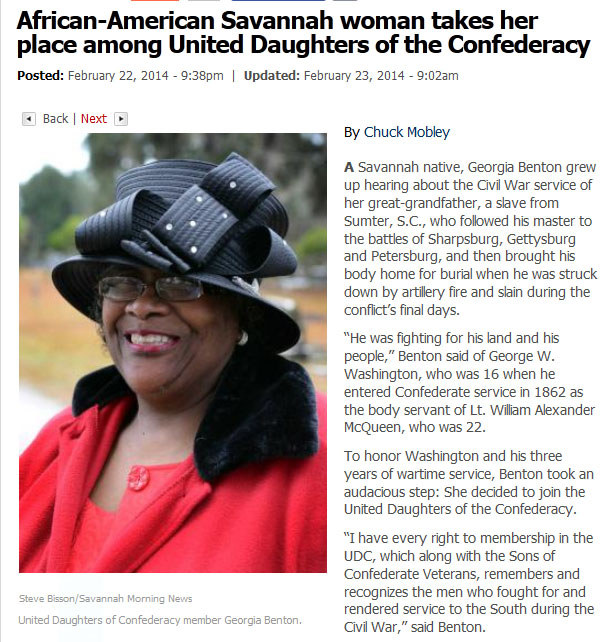 This is an interesting news story, for it prompts us to ask about what constitutes a social change that’s worth calling a change: opening up elite institutions to non-traditional or minority members or changing the conditions that require elite institutions in the first place?
This is an interesting news story, for it prompts us to ask about what constitutes a social change that’s worth calling a change: opening up elite institutions to non-traditional or minority members or changing the conditions that require elite institutions in the first place?
On my own campus I think of this past Fall’s controversy on continued racial segregation in the sorority system. (More here, including a picture one of our Department’s majors, of whom we’re very proud, speaking on the steps of the administration building, with our president, in red, to her right.) But what is being conserved when the barriers that are being broken down are exclusively within elite institutions? Is the hope for a trickle-down social effect? If so, trickle-down economics (i.e., the assumption that improving the lot of the wealthy will inevitably turn into benefits for those further down the class system, the sort of argument always made when bidding to bring the Olympics to a city near you) has come in for some pretty harsh criticisms from the left — are these criticisms applicable to social change aimed at the top as well?
Or, instead, do you just work for change that matters to you wherever you can manage it, strategically seeking to make some gains in especially highly visible venues, all in the hope that momentum from the sense of unified accomplishment will fan out, in all directions, from there?
